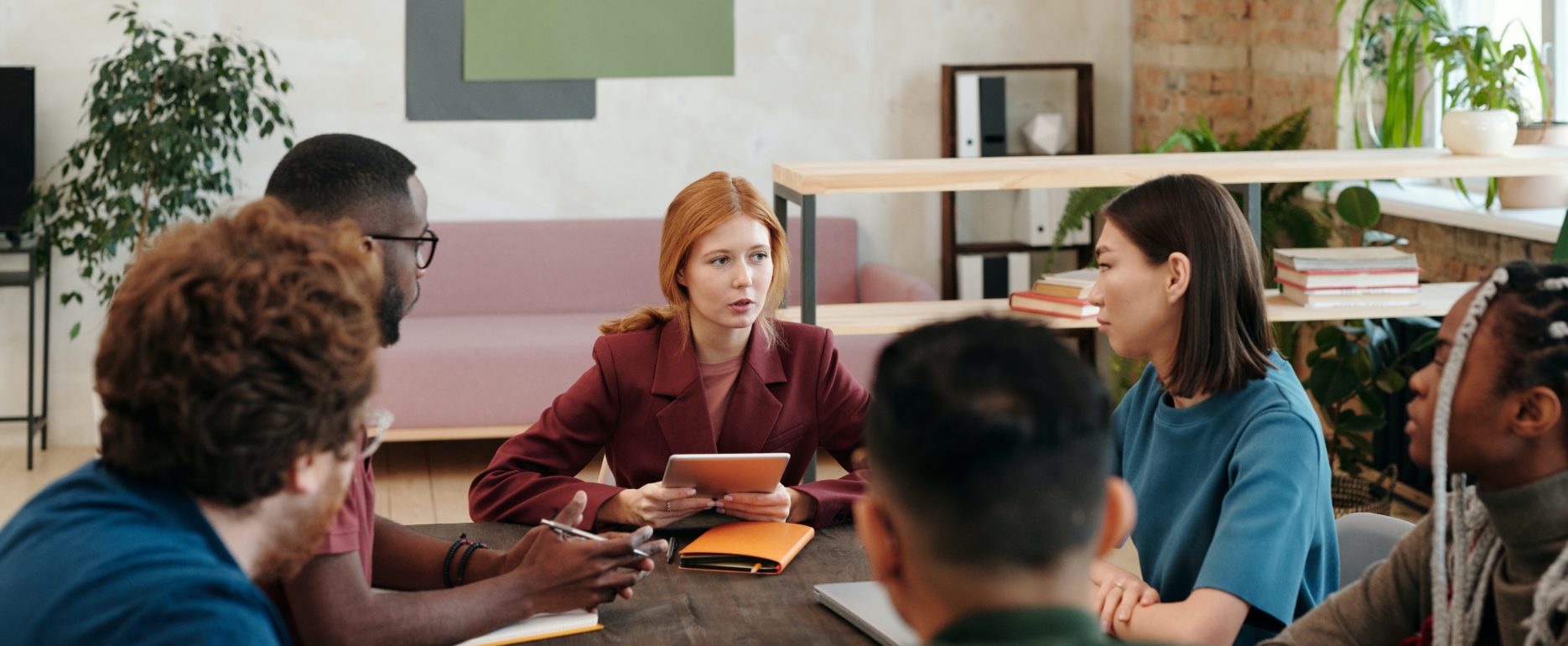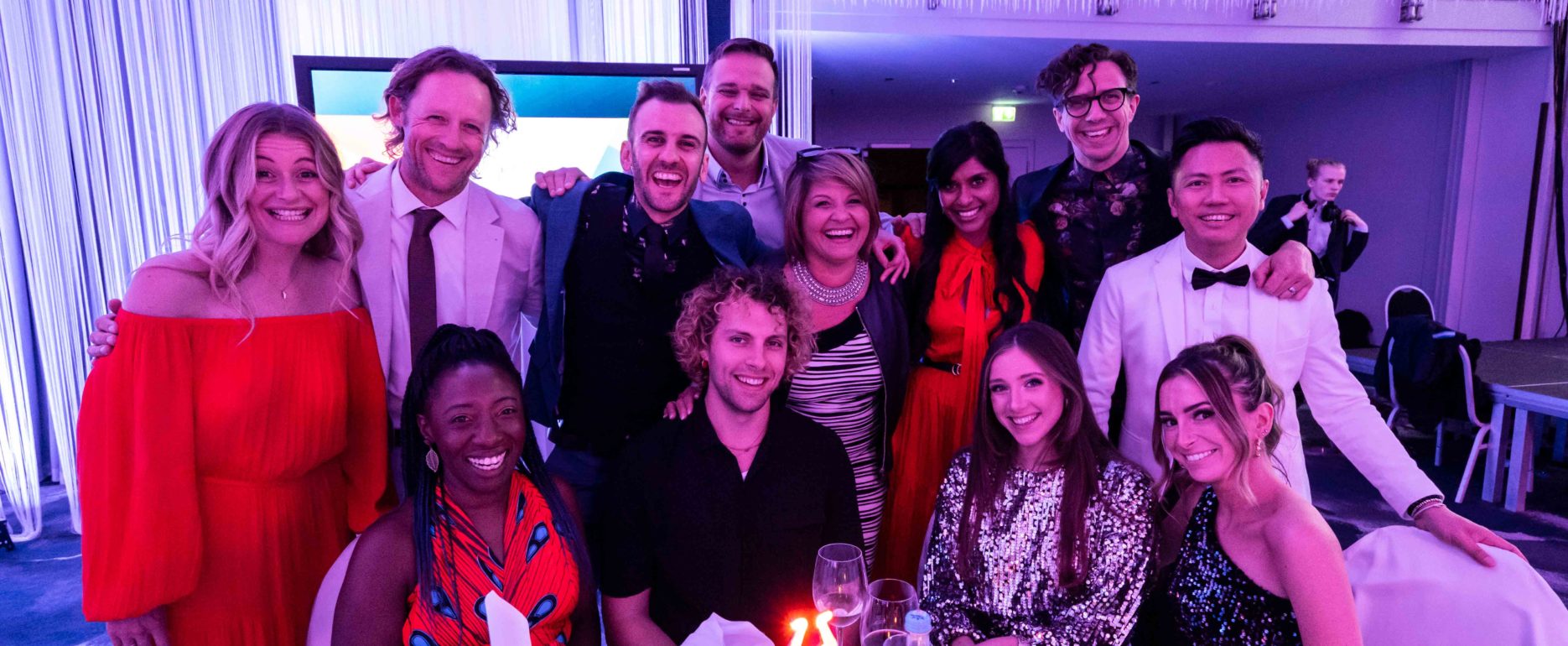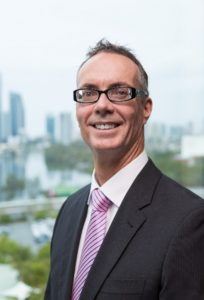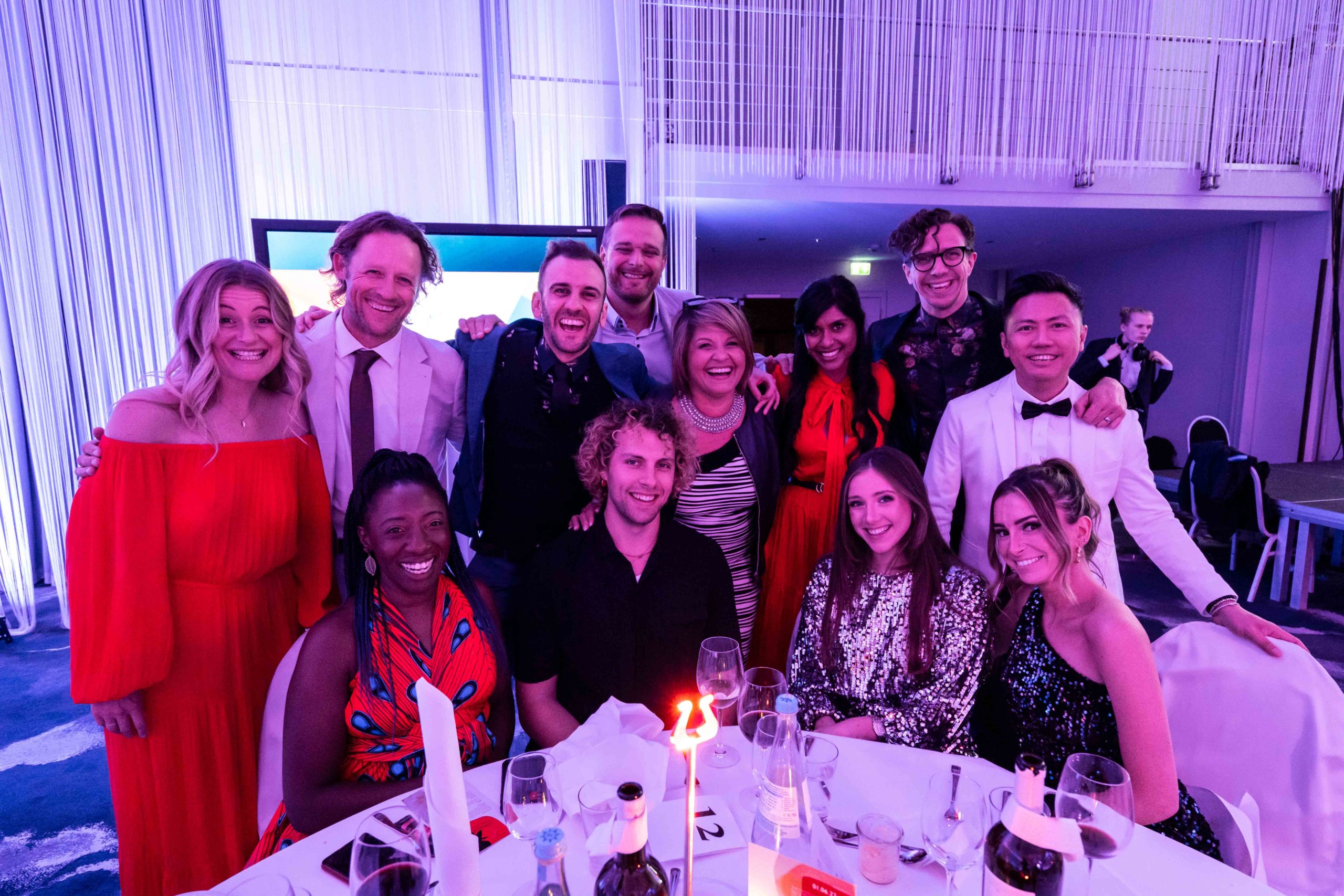by Bruce Harness, Wyndham Destinations
We invited Bruce Harkness, Senior Vice President Human Resources – Brand Communications & Customer Experience, Wyndham Destinations, to sit down with us this month so we can discover his thoughts on teamwork, loyalty, global workplaces and the future of business.
Q. Let’s get straight in. As a leader, how important is it to trust your team and for your team trust each other?
Authenticity, communication, transparency, and empowerment are all crucial in establishing trust. Employees are looking for genuine workplace relationships where they feel valued and empowered to get the job done because their managers have faith in them. Trust is needed to establish a culture of honesty, psychological well-being, and mutual respect.
Q. How do you ingrain loyalty into your organization’s culture?
A culture of loyalty begins with good recruitment. We put the greatest emphasis on attitude in recruitment, and we have a very comprehensive process where we interview candidates with panels of team members who seek out the right attitudinal fit. The next step is delivering a great employee experience from onboarding onwards.
Building highly engaged teams with a strong sense of camaraderie and organizational loyalty comes from authentic leadership and care shown toward the well-being and development of employees.
We offer comprehensive learning and development opportunities, rewarding social governance opportunities, along with a peer-to-peer recognition program, to celebrate employee wins. We also offer a host of great perks and benefits.
Our wellness program assists employees with achieving physical wellness, financial fitness, and mental health. In addition, we regularly seek employee input through pulse checks and surveys so they know their opinions are valued.

Q. How have expectations around work changed since the pandemic?
It is a candidate’s market. This means organizations need to be competitive in terms of offering a well-rounded and enriching employee experience.
Real commitment to social governance with comprehensive programs addressing sustainability, inclusion and diversity, and philanthropy are big expectations. Employees want to feel that they can tap into a higher purpose in their roles.
Flexibility remains a top priority. In a recent survey conducted with all our employees, flexibility plus learning and development opportunities, came out on top in terms of what our people value most since experiencing the pandemic.
Jobseekers are seeking out companies that look after their people, offer genuine inclusivity and gender equality, flexible work, and sophisticated processes to support their development and well-being.
Q. Having worked with large numbers of employees who are spread out across the world, how do you keep everyone on the same page?
Good communication is crucial when working across multiple countries.
With business operations across multiple countries, we had already been using virtual meeting technology prior to the pandemic, and we have found it transformed our culture. Prior to using this technology as a standard practice, our international operations were far more siloed. Virtual meeting platforms like Zoom and Microsoft Teams have been game changers in how they keep everyone connected. We conduct our Town Hall all-company addresses on Zoom also, with free conversation at the start and end of the official program. We find this informal chat on a virtual channel across our international network works in a similar way to how a large team would interact in the foyer of a live Town Hall.
Another great way our teams have bonded internationally is through our robust social governance programs. For example, our green committee has members in Japan, China, Philippines, Australia, Thailand, Indonesia, and New Zealand. This group meets monthly, rolls out projects together and has formed a close bond, despite the oceans between the members.
Q. What successes have you found from learning and development programs?
One that stands-out is our Mental Health Awareness program, which was developed in-house by our HR team. This resulted in more than 1,100 employees being directly exposed to guidance for managing their own mental well-being, as well as becoming able to identify when others may be struggling and start a meaningful conversation to help.
The initiative, and the opportune timing of its launch – during the uncertain first year of the pandemic has received great results and feedback. It has since been adopted by Travel + Leisure Co., our parent company in the USA for a global rollout.

Q. What do you look for in learning and development programs?
Good L&D is not just learning for the sake of learning. Effective L&D programs should address the needs of an organization and address the gap between current performance and required performance. For example, if an organization’s goal is to improve its customer experiences, we look for L&D opportunities that align with this purpose.
Q. What results do you expect teams to have when completing L&D programs?
The aim of our L&D programs is to gain and retain top talent, increase job satisfaction, boost morale, improve productivity and ultimately contribute to the company’s success and profitability.
Q. Looking to the future: What do you see changing for HR professionals?
If the last two years have taught us anything, it is that the rules around business are being rewritten. HR professionals need to break old mindsets and be open to new ways of thinking.
We have the emergence of the gig economy influencing the future of talent management. Companies like Fiverr, Door Dash and Uber have rewritten the HR playbook around a workforce of freelancers. We are seeing HR leaders incorporate gig workers (as needed), with full time workers to create talent strategies to help drive competitive advantage.
With hybrid work becoming more widespread, there are also changes afoot around organizational culture. With less face-to-face interactions, we are watching and asking – what are the impacts on culture? Morning teas and ‘old school’ team building experiences have become more challenging with a remote/international work force, so we are looking for new creative solutions around building culture.
People data is also becoming more sophisticated in terms of how it aids in HR decision making. Artificial intelligence, together with people data is enabling hiring managers and HR professionals to look beyond work experience and salary expectations, with more deep dives into productivity, engagement, skills, performance and exit risk.
The future offers many exciting changes and staying agile and open to new change is key. A measure of success will be how well we can balance new technology and trends on a foundation of human authenticity.

About Bruce Harkness
Bruce Harkness, Senior Vice President Human Resources – Brand Communications & Customer Experience, Wyndham Destinations
Bruce is currently the Senior Vice President of Human Resources, Customer Experience and Brand Communications for Wyndham Destinations Asia Pacific. He has worked internationally and in Australia with a number of globally recognized brands and he is the author of Performance Matters: The Ultimate Career Survival Guide. Bruce has a passion for talent and leadership development and believes the potential of any organization is ultimately realized through its people.
